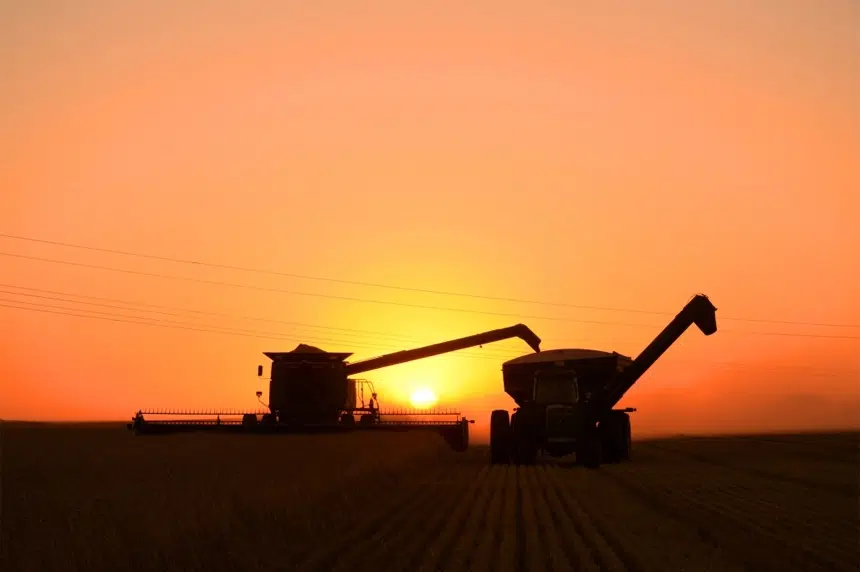It’s been a tough year for many in the agriculture sector.
From lack of snow, to a worsening moisture deficit and the smoke and heat, it’s made things extremely difficult for farmers trying to get crops in the ground and into the bin.
Mental health in agriculture has continued to become more of a destigmatized issue, and Farm Stress Line’s Jan Thorson said she thanks the pandemic for that.
Unfortunately, it’s impossible for the staff to have a handle on just how many people are looking to access help — data migration has that information hidden, for now.
“We don’t have any hard data at the moment,” she said. “Based on what we’re hearing, and seeing, and how often the phone is ringing — the numbers are up,” she told The Brent Loucks Show.
“People are worried, people are frightened. I can’t think of a worse year.”
People can call the Farm Stress Line to link with trained staff. Callers set the tone of the conversation and give direction.
“Often, that will open up the door to many other issues,” Thorson said.
She added that some may call just to vent, but others may need more resources, something the Farm Stress Line offers.
The province took over the round the clock service in 2012.
Since the takeover, Thorson said it has had a steady increase year-over-year, by roughly five to 10 per cent.
And if people are looking for help and just aren’t ready to talk about it, the Farm Stress Line’s website also offers a resource page.
Thorson said at any time, her staff are there to make sure callers are getting the best help possible, and she adds that the staff truly care about the caller’s well-being.
“Our staff are friendly, they’re caring, they’re concerned — they want to talk to you,” she said.
“It’s OK to not feel great, all the time.”







